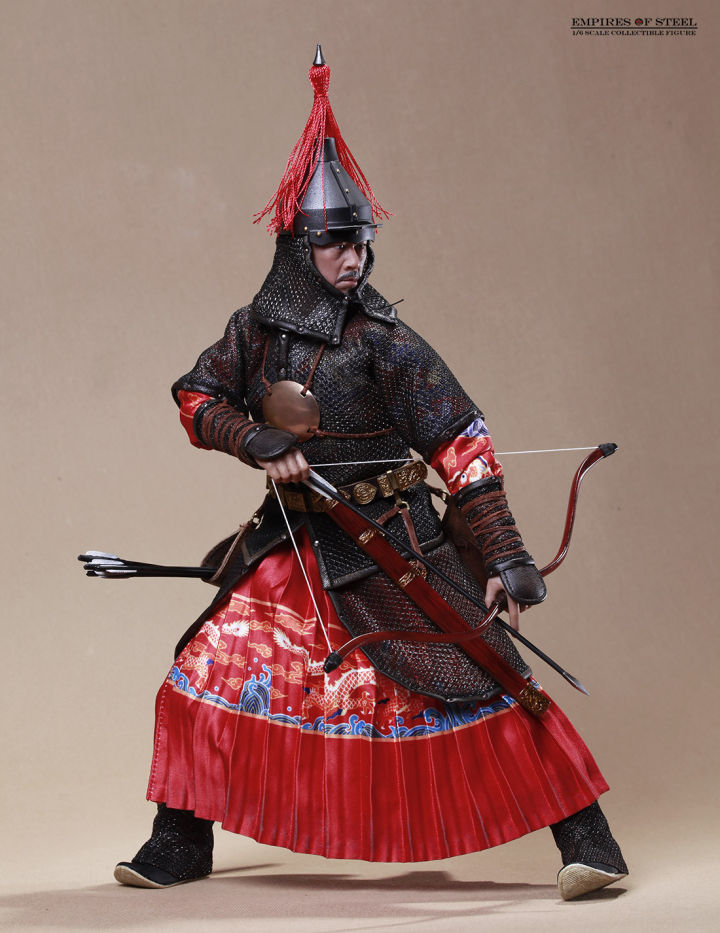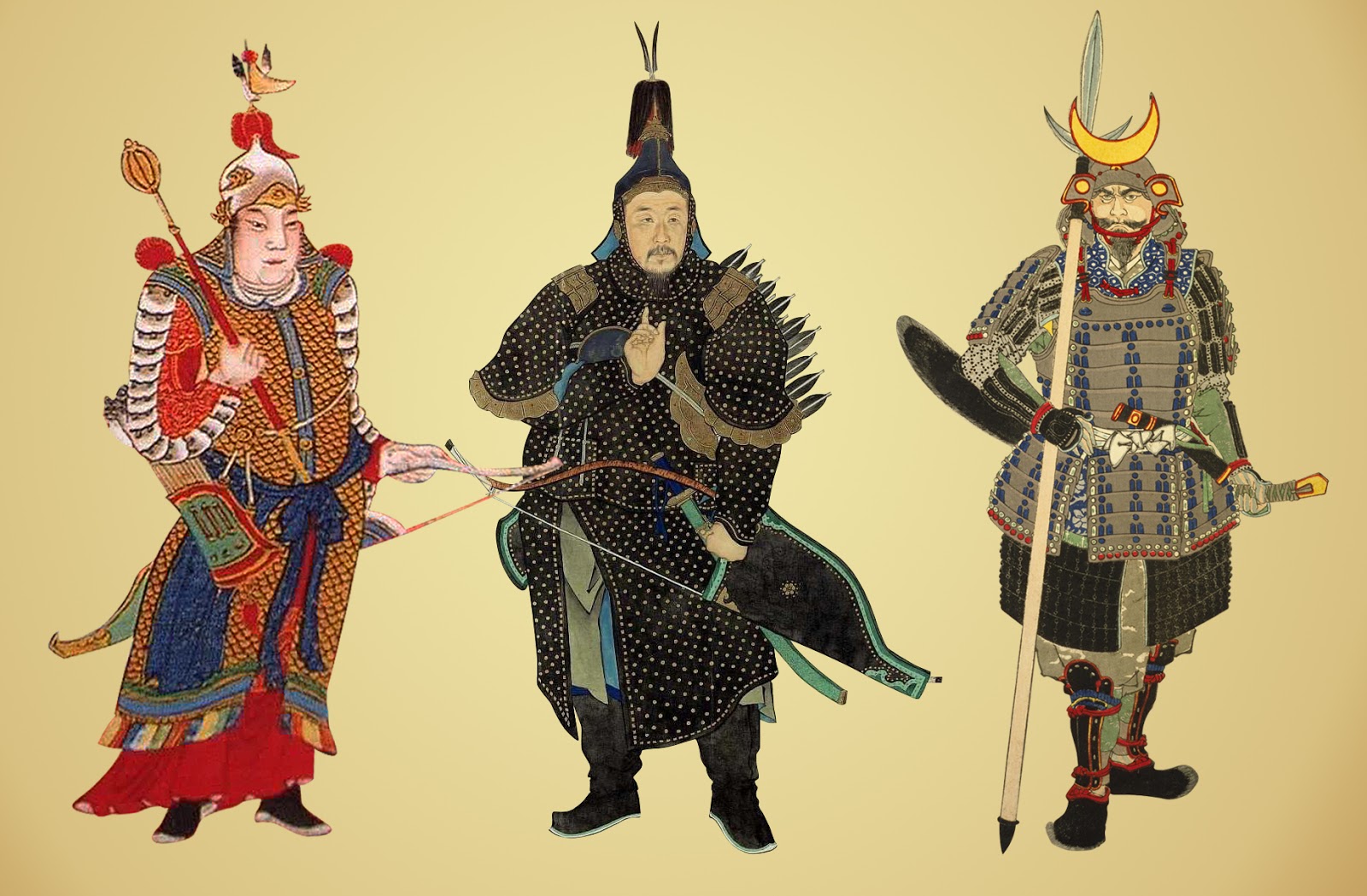https://twitter.com/CenturiiC/status/1745823031577153947
love the literal horse archer in the background
It literally was stupid though, because it was economically ruinous to build and impossible to staff or maintain. Enemy armies (most notably the Manchus of the 1600s) would periodically cross the wall in their raids, particularly through breaches created by local farmers who would scavenge from unmanned sections of the walls.
Yes, the walls around Beijing and a few vital passes were useful. But you didn't need to build across the entire country to benefit from a few defensible choke points.
The Great Wall is probably just the most famous in a thousand year history of ill-conceived physical border security measures. They're bad. They don't work good. Don't build these stupid things.
Love to bifurcate the ecosystem with a thousand miles of pure hubris



the alternative is more expensive, a military expedition to the steppe with the massive supply requirements was really hard to pull off, and they could be lost like at Tumu. a wall that added customs controls and had regularly stationed troops supplied by well-established roads (and the local environs of the garrisons) was a cheap part of a multifaceted defense/control strategy.
customs was important to control exactly what left Chinese territory, from controlling weapons to preferentially giving allies resources over their rivals. divide-and-rule or patronage of a client khan on the steppe were convenient and cheap, but would be much harder to implement if the border was too porous. the walls were also enough to stop small-scale opportunist raids, no-body expected it to be an impenetrable obstacle in a grand raid or invasion, just to provide warning for a larger army.
the alternative is more expensive, a military expedition to the steppe with the massive supply requirements was really hard to pull off
Or just don't do that. Build trade relationships and family ties, rather than launching raids across the mountains.
Customs was important to control exactly what left Chinese territory, from controlling weapons to preferentially giving allies resources over their rivals.
That's true. But, again, the wall wasn't what drove traffic quite so much as the roads that were cobbled and supplied and patrolled. Smugglers could cross the hills and mountains just as easily as raiders. But crossing that territory is dangerous and taxes that aren't going to fund this enormous vanity project can be kept at a comfortable range.
the walls were also enough to stop small-scale opportunist raids
The terrain already accomplished this, for the most part. A few key forts at major passes and trade crossings do the rest. The Romans didn't need a giant network of walls to manage Southern Europe, North Africa, or the Middle East. And the Chinese still got invaded and sacked regularly after the walls were built.
FFS, the biggest vulnerability to Chinese hegemony at the end of the day wasn't Steppe Tribes. It was the ports of trade, through which the English injected their opium traffic.
The Han did try to make peace with the Xiongnu Confederation. It didn't work, Xiongnu tribes continued to raid Northern China in spite of Han paying tribute regularly and marrying off imperial princesses to the leader of the Xiongnu. The steppe nomads at that time depended on plunder from China south of the Great Wall and Central Asia as much as they depended on their herds of cattle and sheep. The only true lasting peace between the Han and Xiongnu came when the Han cut off the the Xiongnu from all their sources of tribute, and effectively caused the confederation to collapse and the tribes to descend into internal conflict.
Xiongnu tribes continued to raid Northern China in spite of Han paying tribute regularly and marrying off imperial princesses to the leader of the Xiongn
I mean, when in the 350 year history between ascendant Xiongnu and their demise are we talking?
The only true lasting peace between the Han and Xiongnu came when the Han cut off the the Xiongnu from all their sources of tribute, and effectively caused the confederation to collapse and the tribes to descend into internal conflict.
That's a very reductive outlook, given the two populations had an on-again-off-again wars going back for the duration of their existence. Either way, components of the Great Wall already existed at the time of the conflict and did little to mitigate it.
the economic relationship of the steppe and sedentary invariably lead to armed conflict, unless one politically dominates the other (and it resets when one party rebels) peaceful contact cannot be permanently maintained. the walls were there for this eventuality.
smuggling absolutely had to be affected by these physical barriers and large troop presences. the amount of tax collected by redirecting that traffic legally certainly didn't pay for the wall, but that was only one function, it's saving tax revenue by preventing/slowing down whatever raiding it did, and protecting the state by controlling the military utility of chinese exports.
but the Romans and other ancient states are not actually exceptions, the roman border fortifications, that included long walls and massive forts, were commiserately bank-breaking investments that failed to completely stop infiltration, smuggling, or invasion. Iran has a 'great wall' in Gorgan on a route from the steppe to tabaristan. in the caucauses, Romans and Iranians built & mutually sponsored walls and fortifications to prevent passage from the pontic steppe. but the elephant in the room is that China lacked a consistent river border to the steppe, so they needed to fabricate more obstacles than people who could use a river like the romans. simple as.
what i think is compelling evidence bout the great wall in China is that steppe peoples that formed conquest dynasties in the north tended to use & expand it. if anyone would have a negative view of the system, you'd think it'd be people who'd just kicked its ass---yet the Liao & Jin massively invested into it.
I see these comics and they’re always all women. Is it some sort of sex thing?
from the author's twitter bio:
history/yuri artist
all my characters are very gay
If you see a webcomic full of attractive women characters, it's almost a given that the artist also does porn. Mostly because they'll make 30x as much money doing the latter, and the former is their passion project.
I've heard that in the last few decades the mood has shifted to the wall being for controlling taxation and internal migrations. Like it was a pita to try to drag a cart over the wall so everyone just sighed and paid the tolls.
A 20,000 km tollbooth wall. "Goddamn wall, fucking 300 wen to go out of town now. I swear, they put in a couple more of these things and I'll move all the way to Champa."
the amount of force that would canonically be on the literal horse archer's horse ankles would be a fun statics problem
not bows by themselves, but I've got guys with bows (although I think "compound bow" specifically refers to those fancy modern bows, I don't have anything with those - did you mean recurve bows?):
Show Show
Show Show
Show
i;ve heard compound/composite used for recurves because they're not a hunk of wood but pieces glued together
If they ever get up there, they're in trouble, 'cause there's no way to get down. Maybe a rope.











